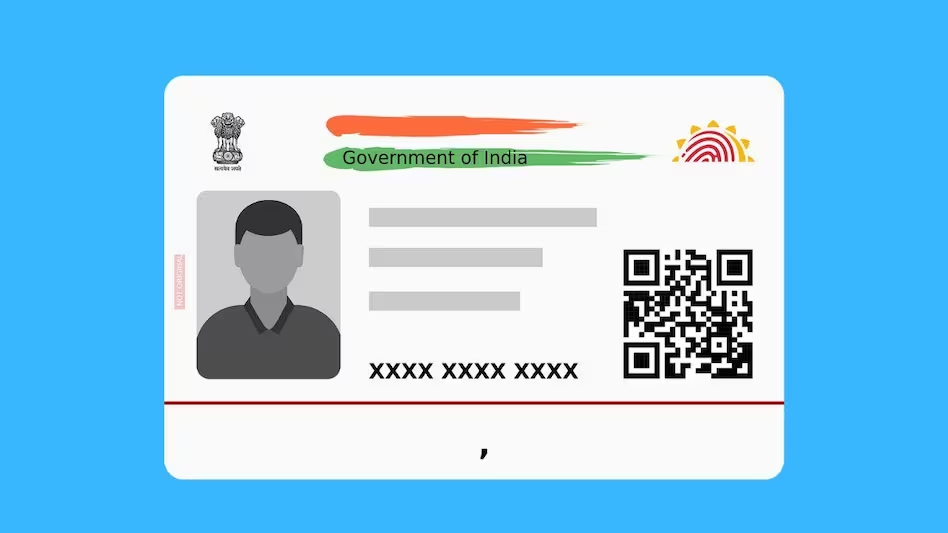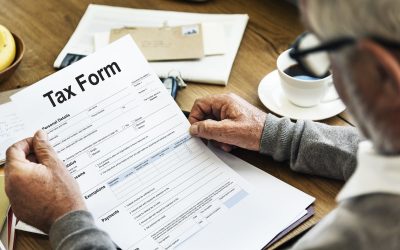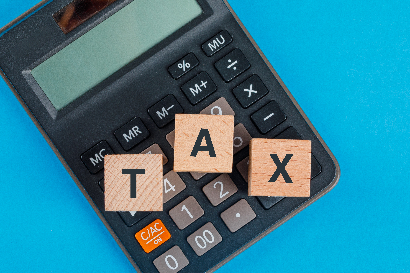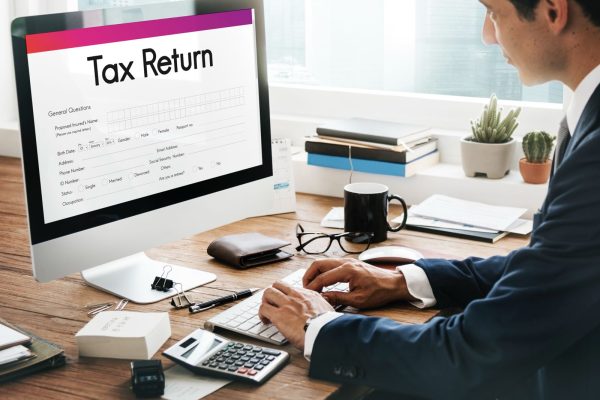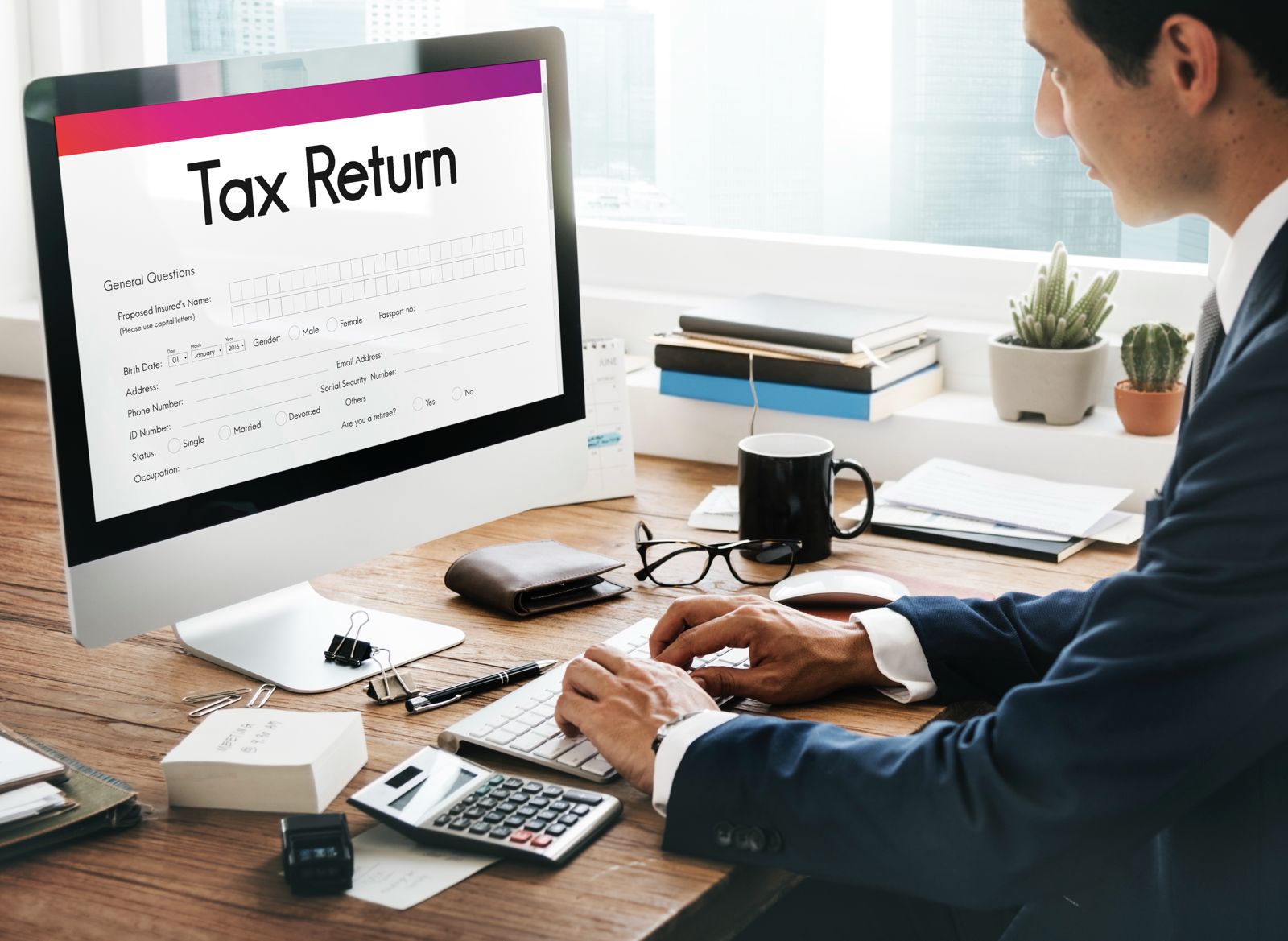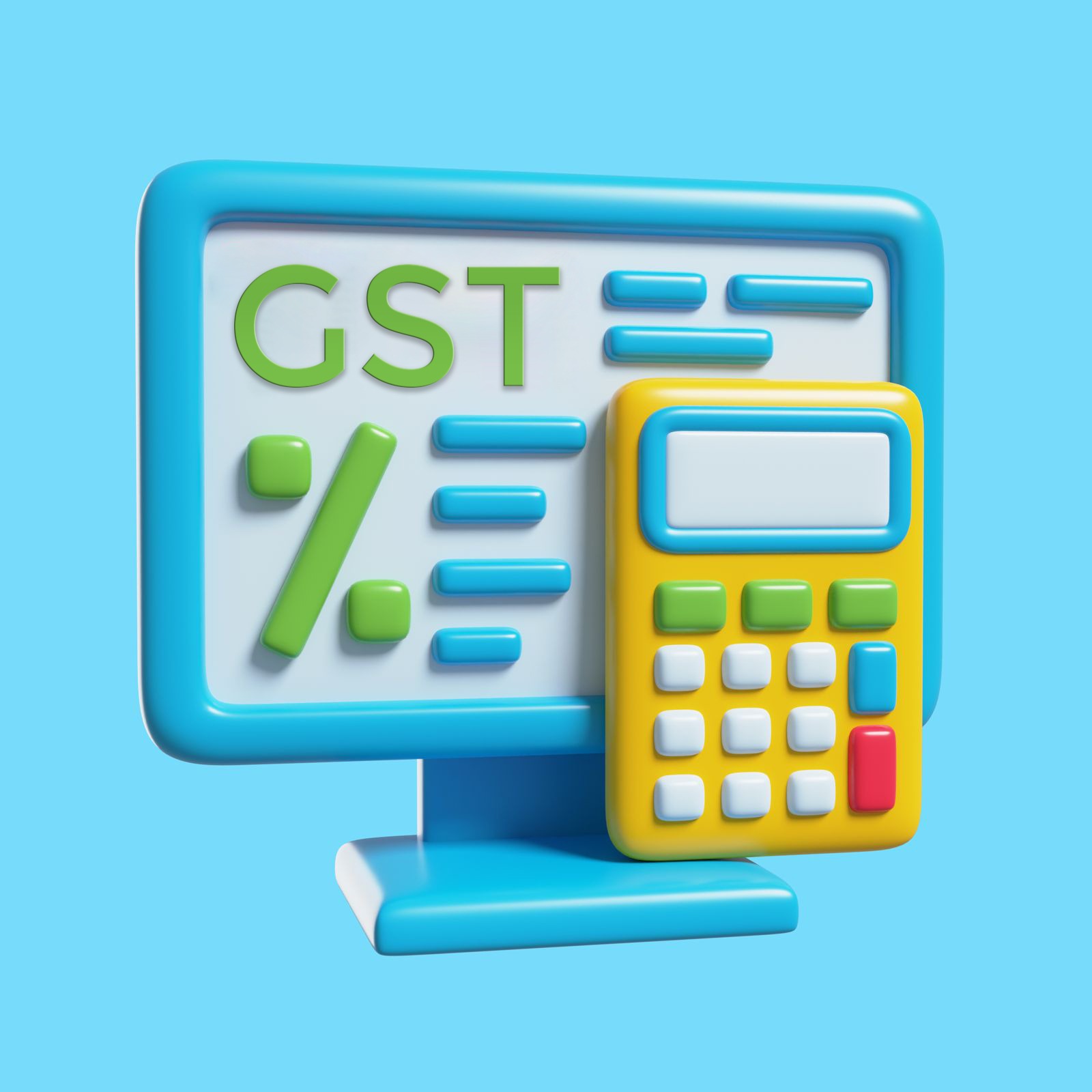

ITR 2024: Still Waiting for Your Income Tax Refund? Here’s How to Resolve the Delay
ITR 2024: Understanding Delays in Income Tax Refunds and Steps to Resolve Them
Before issuing an income tax refund, the Income Tax Department ensures specific criteria are met. One of the most common reasons for delays is an unvalidated bank account. If you’ve filed your Income Tax Return (ITR) for 2024 and verified it with the Income Tax Department, yet haven’t received your refund, you’re not alone. Many taxpayers have reported delays, with some waiting up to six months.
Why Are Refunds Delayed?
The Income Tax Department processes refunds only after verifying the filed ITR. During this verification process, issues such as unvalidated bank accounts can cause delays. The department recently emphasized the importance of having a validated bank account for receiving refunds.
Taking to X (formerly Twitter), the Income Tax Department stated: “A validated bank account is necessary for receipt of refunds. Here’s how you can check your bank account validation status on the e-filing portal.”
How to Claim Your Income Tax Refund
To claim your refund, you must:
- File your Income Tax Return (ITR).
- Verify the return using either online methods or by sending a signed copy of ITR-V through offline mode.
The department will process your refund only after the verification process. Refunds are subject to further assessment to ensure compliance with tax regulations.
Scenarios Where You Can Claim an Income Tax Refund
- Excess TDS Deducted: Employers often deduct taxes based on the documents provided, such as investment proofs under Sections 80C and 80D. If you fail to submit certain proofs on time, the employer may deduct more tax than required. This excess can be claimed as a refund while filing your ITR.
- Not in the Tax Bracket: Individuals earning less than Rs. 2.5 lakh annually fall outside the taxable bracket. However, if taxes were deducted from their income, they can claim a refund for the excess deduction.
- Excess TDS on Interest Income: Banks deduct TDS on interest from fixed deposits or bonds if it exceeds the threshold set by the Income Tax Act. This excess can be reclaimed as a refund.
- Advance Tax: If you’ve paid more advance tax than your actual tax liability, you can claim the surplus when filing your return.
- Adjustments by Tax Officers: During tax proceedings, adjustments made by income tax officers may result in additional taxes. These can be challenged, and any overpaid amount can be refunded.
- Tax Paid in Multiple Countries: Individuals earning income in multiple countries may face dual taxation. India’s Double Taxation Avoidance Agreements (DTAAs) allow such taxpayers to claim refunds for taxes paid in excess.
Steps to Validate Your Bank Account
A validated bank account is crucial for receiving refunds. Follow these steps to check and validate your account:
- Log in to incometax.gov.in.
- Navigate to My Profile and select My Bank Account.
- Click on the option to Add Bank Account.
- Enter your bank account details in the new window.
- Specify the account type (savings or current) and holder type (individual or company).
- Provide the unique IFSC code for your bank branch.
Conclusion
If you’re experiencing a delay in receiving your income tax refund, verifying your bank account and ensuring compliance with other refund requirements can expedite the process. By following the outlined steps and ensuring all details are accurate, you can avoid unnecessary delays and claim your rightful refund with ease.



